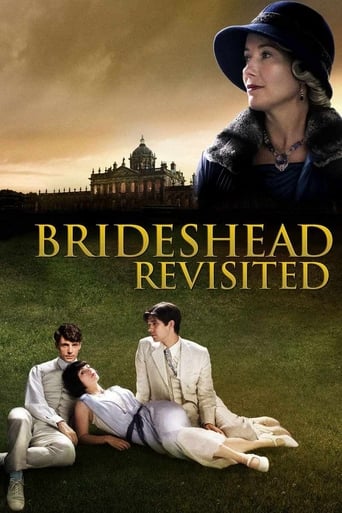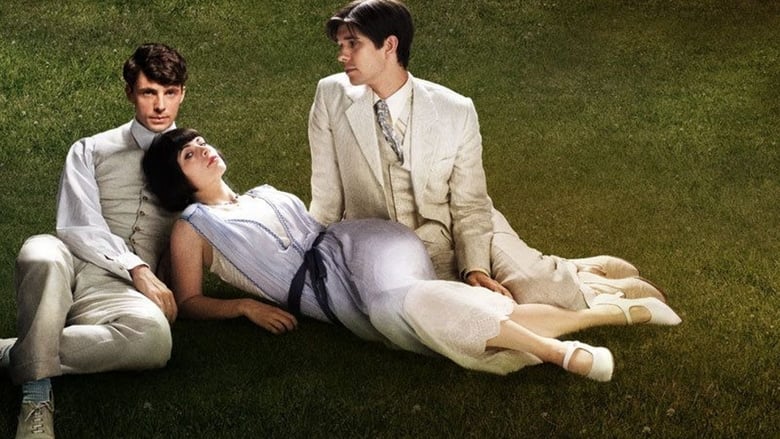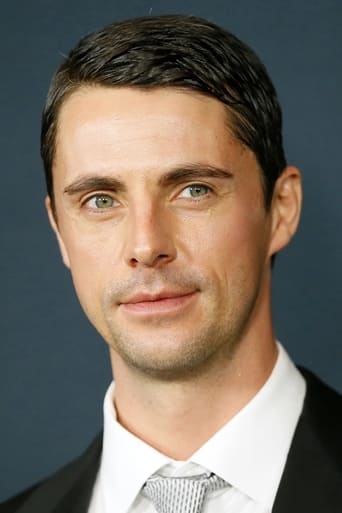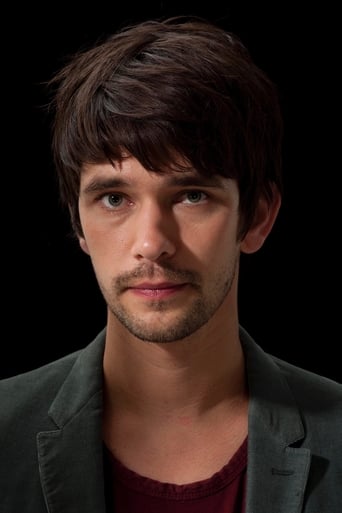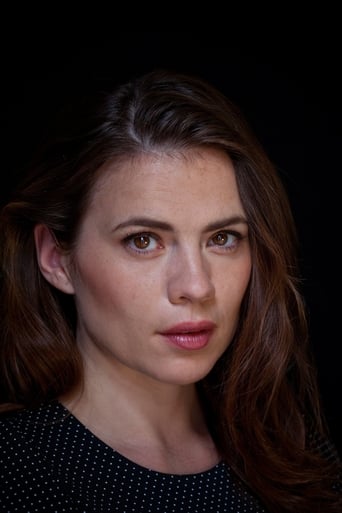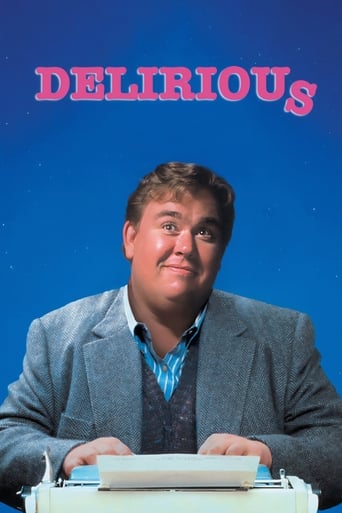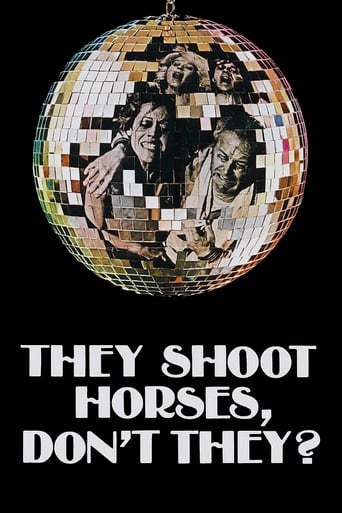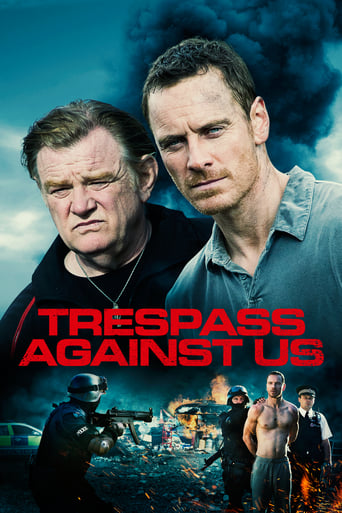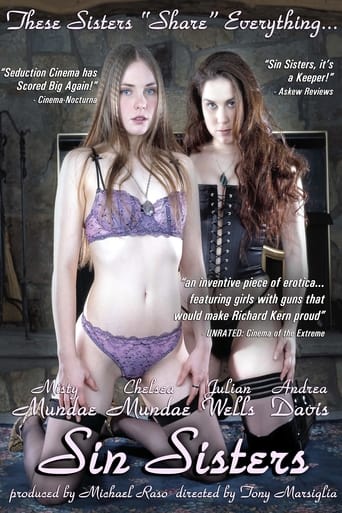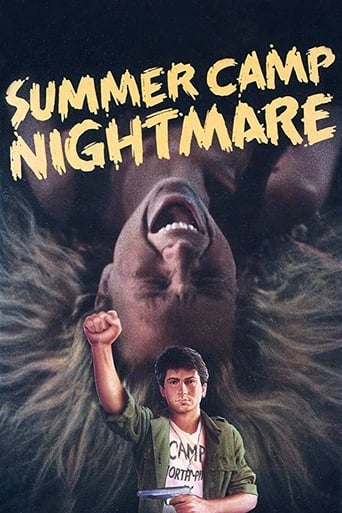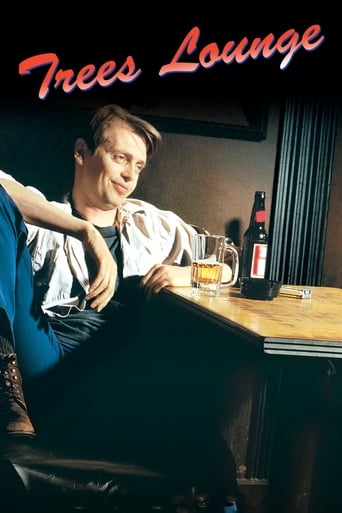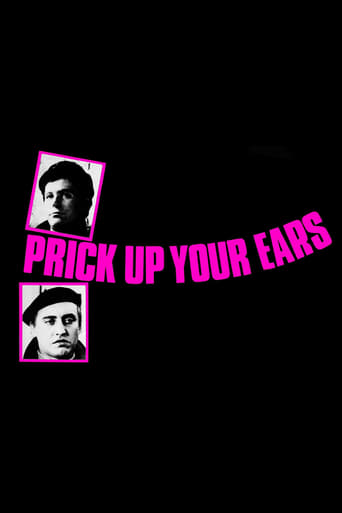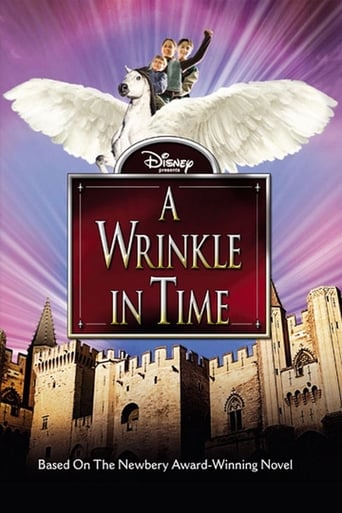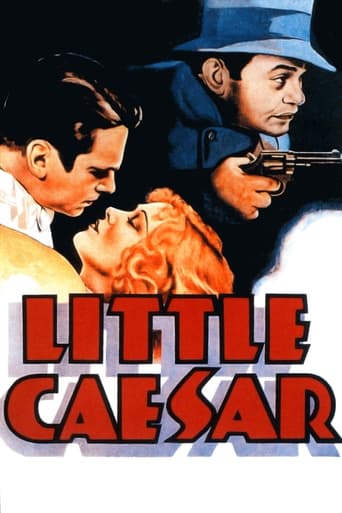Brideshead Revisited (2008)
Based on Evelyn Waugh's 1945 classic British novel, Brideshead Revisited is a poignant story of forbidden love and the loss of innocence set in England prior to the Second World War.
Watch Trailer
Cast


Similar titles
Reviews
The movie starts in the present (Spring of 1943) when, as a British Army officer, Charles Ryder (Mathew Goode), actually 'revisits Brideshead,' and reflects on different points in his past at Brideshead (a huge palatial estate in England). So, there are several flashbacks to various points in Charles's reflective story. The story begins 20 years earlier when Charles leaves Paddington to study history at Oxford. Since he is from a middle-class background and feels as though he might be out of place at Oxford, he has his cousin show him how to fit in at Oxford. He soon takes up with a group of effete snobs, and through them, becomes good friends with Lord Sebastian Flyte (Ben Whishaw) (the Boy-Man, Sebastian personifies the adjective "effete fop" to a tee). When Sebastian takes Charles to see his family's estate at Brideshead, Charles is awestruck with its beauty and vastness. After he leaves Brideshead and returns to his home in Paddington, he receives a telegram that Sebastian is seriously injured and needs his presence at Brideshead. When he arrives, he is picked up at the train station by Sebastian's sister, Julia (Haley Atwell). On the way back to the mansion, Julie tells him that Sebastian's injury, sustained while playing cricket, is a small crack in his foot bone.Charles's return to Brideshead begins the a long hedonistic summer of bliss, sans parents, for Charles and Sebastian--drinking, lovemaking, and swimming. This bliss comes to an end when Sebastian's mother, Lady Marchmain (Emma Thompson) returns with Sebastian's older brother, Bridey (Ed Stoppard) and younger sister, Cordelia (Felicity Jones). At this point, Charles--a self-proclaimed atheist--learns how deeply this aristocratic family is influenced by the strict Catholicism, imposed on the family by Lady Marchamain: After her arrival, Sebastian and Julia cower in childlike obedience to their strong-willed mother. Unlike Sebastian and Julia, Bridey and Cordelia neither question nor fight their mother's strong religiosity. Thus, the need to scold them never seems to be necessary. The Brideshead location of the story is temporality broken when Sebastian and Julia are invited to spend time in Venice with their father, Lord Marchmain (Michael Gambon), and his mistress, Cara (Greta Scacchi). Lady Marchmain, fearful of Sebastian's need for alcoholic escapism, asks Charles to accompany him to Venice to look after him.Although Venice is not the paradise that Brideshead is for Charles, it is a demi-paradise: Charles is impressed by being in Venice and seeing its art and architecture, and feeling its ambiance. The Venice break in the story supplies us with a contrast as to how Charles sees Sebastian and Julia in different places and under different parents. In one scene, as Lord Marchmain is seated on a large couch between his children with his arms around both of them, he says to Charles "You must think of us as a family of monsters." Later, Charles watches Julia and Sebastian as they play like children on the beach-- free of any guilt. As the 'children' play on the beach, Charles has a chance to talk privately to Cara. She basically tells him how Lady Marchmain had suffocated the children under Catholicism. He then says to her, "But surely YOU are Catholic too." She then explains, "Yes, but, here here, people are not so much bothered by guilt as they are in England: Here, people just live their lives and go to confession for absolution from their sins." She then goes on to warn Charles that, although his affair with Sebastian is just a phase, it is far more serious to Sebastian.Although Venice is a place of freedom, it is also a place of mystery, full of twists, turns, dark corners, and cul-de-sacs. It is a place where one who is not used to dealing with freedom can easily become lost. In one scene, the family goes to a gay night street carnival. At this carnival of Venice, the music is loud, percussive, and rhythmic, and the people are costumed and masked. At one point, Julia gets lost in this pushing crowd and is diverted off into a wet tunnel—lost and confused. Charles follows her and kisses her while Sebastian looks on at a distance—realizing that Charles's love for him is no longer singular. (The idyllic relationship between Charles and Sebastian is broken and can never be the same again.) When they return to Brideshead, Lady Marchmain notices that Sebastian is not the same and wonders what had happened to make this change. She also warns Charles not to be misled about Julia: her future is already fixed, and marriage outside of the Faith is out of the question. Lady Marchmain has Sebastian followed at Oxford since his drinking is becoming worse. She also tries to have Charles watch him and cuts off his money to prevent him from drinking. When Charles gives Sebastian money to buy alcohol and he turns up drunk at Julia's Coming Out Gala—-an evening at which Lady Marchamain announces Julia's engagement to Rex Mattram (Jonathan Cake)—Sebastian embarrasses himself. Lady Marchmain then pulls Charles aside and tells him to leave Brideshead. At this point, Charles loses contact with Brideshead and Sebastian until sometime later when Lady Marchamain contacts Charles in Paddington and asks him to find Sebastian in Morocco and bring him back home. Charles tries to do this and fails.Charles gets married, has children, and enjoys a successful painting career with his jungle paintings after traveling to South American for two years. All of this period is a bit murky in the movie until he meets Julia again on a passenger ship. Since both of their marriages are shams by this time, they both decide to divorce and marry each other. However, fate (or God) steps in to prevent this "sinful union" to take place....
I was extremely disappointed with this film. It does not deserve to carry the same name as the novel by Evelyn Waugh!As an avid reader of the book – and as someone who has seen the 1981 television series countless times – I was very much looking forward to a cinematic take on the story. I thought the opportunity would allow the director to make the most of costumes, sets, and characters. And this is true in the film. I do not blame actors, set designers, or indeed the production team in general, for any of the catastrophic mistakes in this production – I think they have all done a laudable job within their domains. In fact, I would go as far as to say that the casting team in this film remedied one of the very few misgivings about the television production, with a more suitable choice for the character of Antony Blanche. But despite such good choices, it is sad that the production team and the actors were given a script that inexcusably butchered Waugh's storyline to begin with.The beautifully nuanced relationship between Charles and Sebastian (from the book and television series) is here transformed into a bizarre, utilitarian and senseless association. The original story captured my imagination (years before the movie) due to parallels between the storyline and a relationship of my own at a very similar age to that of Charles and Sebastian at the beginning of the novel. I have never come across any other book that captures so compellingly the multi-layered feelings, bonds, attractions, and nature of this kind of relationship. The book contains multiple insinuations that refer to a deeply romantic attachment between these two characters. The attraction is mutual, emotional and physical. The book's use of language allows for an interpretation of their love as a platonic bond or as an increasingly sexual relationship, depending on the willingness of the reader to dwell on the analogical passages within the story. Waugh's delivery of a love story between two men is in tune with the historical time of the events – a time in which homosexuality was illegal in the United Kingdom. It is the story of a "love that dare not speak its name" (to quote Alfred Douglas). In the film, the nuances are completely thrown out of the window. Sebastian is now a needy, weak character. Charles is a gold digger, mesmerised by Sebastian's wealth and family, but never really attracted or attached to him as a person. The captivating love story that Waugh develops in multiple stages and locations (Brideshead, Oxford, Venice, etc) is all reduced in the movie to a pathetic and uninspired kiss that Sebastian steals from Charles after a drunken evening. The inclusion of Julia in the trip to Venice is absurd! In the novel this is where the relationship between Charles and Sebastian reaches maturity (with "Byronian" echoes). All in all, the film never gets close to telling the story of Charles and Sebastian. It destroys the characters, twists the narrative, and unforgivably uses the name "Brideshead Revisited" to tell a different story. The scriptwriters should be ashamed of themselves!
I enjoyed both the book and the 13-hr miniseries. In fact, the latter was one of the best things I have ever seen. I know you can't capture everything in 2 hours that you do in 13 hours but what I did see was a major disappointment. The 13-hr version was almost a verbatim enactment of the book. This version uses the same house (Castle Howard) and a similar plot line but that's it. So many elements are changed and I only remember a couple lines from the book. Everything else is de novo. e.g. bringing Julia to Venice so she and Charles could fall in love. In the other version, they did not fall in love until on the ship. With such a short movie, why did they feel they had to tell the tale in flashbacks like the original? And the original movie had a somewhat upbeat ending - not so with this version. While the actors in this movie were OK, they were NOT Jeremy Irons, Anthony Andrews, Clair Bloom, Sir Laurence Olivier, or John Gielgud. With the original, I bonded with all the characters and did not want the series to end: no problem with this one ending. My wife found it equally hard to follow and all of her questions were answered starting with, "In the original series..."
Exquisite, simply and intrinsically beautiful. The portrayal is astounding and reflection is brilliant.Having read the novel before watching the movie I was petrified that it would ruin the beautiful novel, however it certainly does not.It outlines the books tragic story perfectly and with much skill. Theeffort gone into to making this divine movie must be mentioned and the exhilarating music, cleverly used to heighten every nerve in your body.I must say that having knowing the story beforehand made no difference. The inextricably serene yet heart-racing movie is a must.

